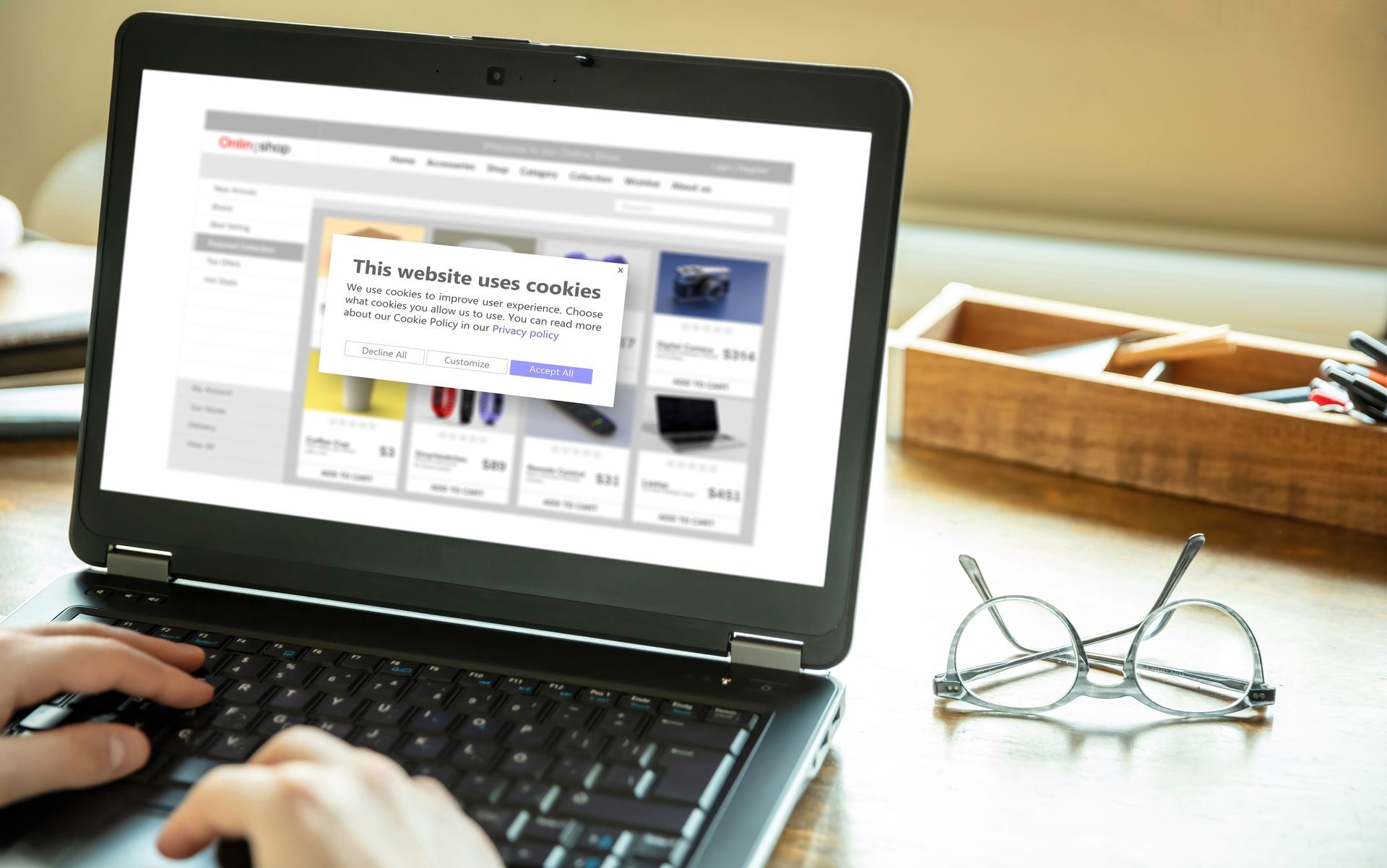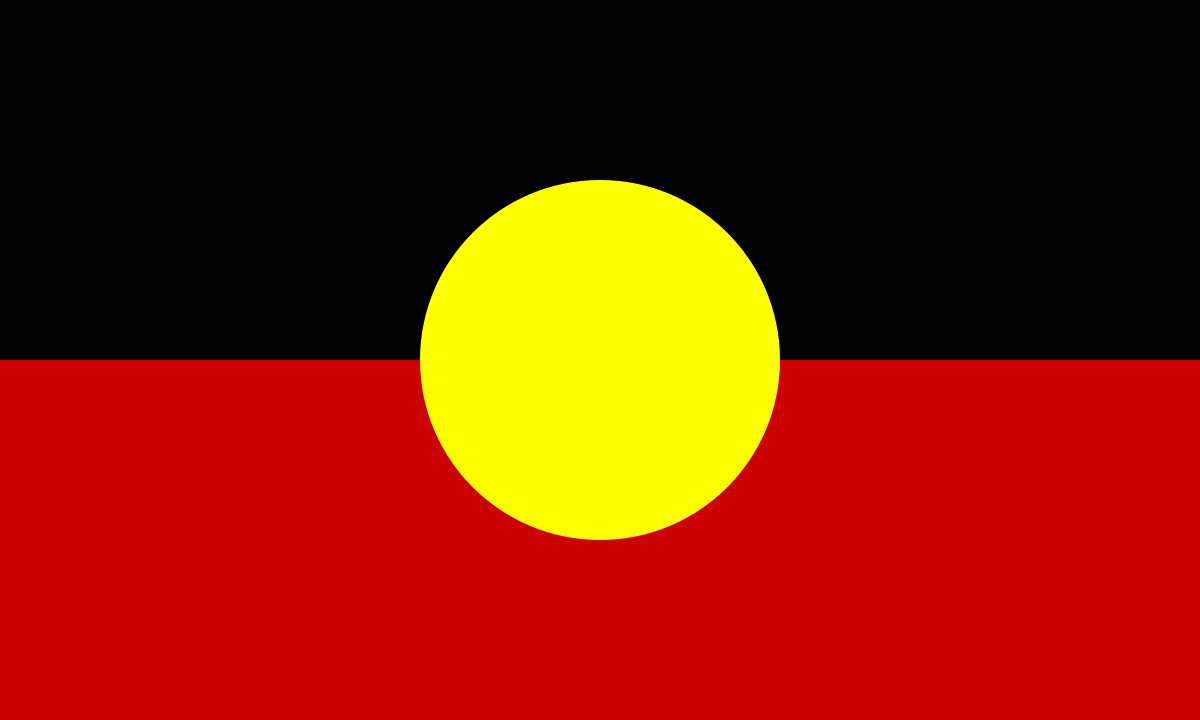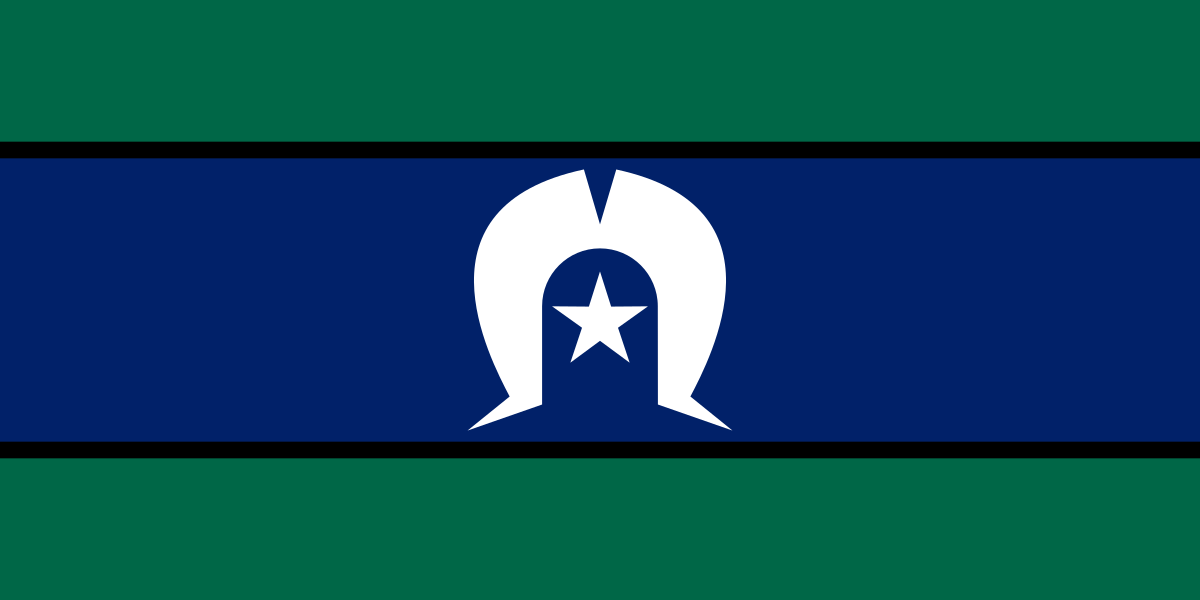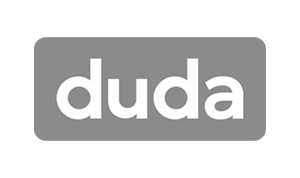Crown Street, Wollongong, 2500
Cookie Consent Banner – Does a Website in Australia Need One?
Editor's Note: This post was last updated on August 7, 2023
Are you looking to give your website a makeover? As specialists in web design for businesses, Love My Online Marketing also has significant experience in redesigning websites based on our clients' requirements.
If you spend a good amount of time on the Internet, chances are that you have encountered a number of websites with a cookie banner. You may have noticed that they are more prevalent on websites that cater to an international audience and that the number of websites that are asking for their users' cookie consent has been steadily increasing over the years.
So, you might be wondering, do I need a cookie banner on my website too? Or is it just an unnecessary annoyance to your site visitors that you can completely forgo adding to your site?
In this blog post, we'll find out the answer to these questions. But first, let's learn what cookies and cookie consent are.
What Are Cookies?
Cookies, also known as HTTP cookies or Internet cookies, are text files that contain small bits of data (such as letters and numbers) that are used by web browsers to track, personalise and save info about each user's session. Websites use them to give you more personal information regarding website visits and improve your online experiences. They can also be used to identify you when you visit a new website.
Designed for streamlining web experiences, cookies allow users to resume where they left off and remember their personal information, such as registered logins, preferences, theme selections, and advanced features. Without cookie consent pop-ups, you'd have to input your personal information, such as login credentials and select your preferences each time you visit a website.
Do Cookies Allow You To Give Your Personal Information?
Normally, cookies do not divulge personal information. When a person visits a website, a cookie—a small text file—is saved on their computer or mobile device. These third-party cookies are mostly used to keep track of a user's browsing habits and preferences on a certain website.
Cookies can be divided into two categories:
Session cookies:
After you close your web browser, these transient third-party cookies are removed from the device's memory. They are frequently used to remember your actions throughout a single browsing session, such as the things you added to your shopping basket.
Persistent Cookies:
These third-party cookies continue to exist on your device even after your web browser has closed. Across different sessions and visits to the same website, they are used to remember your preferences and behaviours.
Personal information like your name, address, or phone number is not directly contained in cookies. On a certain website, they might be utilised to monitor your online behaviour and activities. When combined with other data sources, this tracking can result in collected personal information that could be used to build your profile or infer your identity from a distance.
The amount of personal information gathered by websites might vary significantly depending on the website and its data privacy compliance, but it's crucial to understand that websites may use cookies to collect personal information about your browsing interests and activities. Numerous websites also have privacy policies that describe how they gather, utilise, and share data, including sensitive personal information obtained through cookies.
Modern privacy laws, like the General Data Protection Regulation (GDPR) in the European Union, the California Consumer Privacy Act (CCPA) in the US, and the Privacy Act 1988 (Privacy Act) in Australian Law, set forth guidelines and demands for how websites must inform users about the use of cookies and obtain their express consent before collecting and processing personal information.
Reviewing a website's privacy statement, modifying your browser's cookie settings, and thinking about utilising browser add-ons or applications that assist in managing and controlling cookie tracking are all recommended practices for keeping your privacy protected, including your sensitive personal information, while browsing the internet.

What Are Cookie Consent Banners?
Cookie consent pop-ups banner are notifications that appear on your first visit to a web page. Before it disappears, the user must first take action on the implied consent and obtain express consent whether they will allow all cookies, reject all cookies, allow only selected cookies, or use only necessary cookies.
As mentioned earlier, you may have noticed that websites with an international audience are the ones that typically implement cookie consent banners. That's because websites with visitors from the EU are required to adopt a cookie consent tool in order to comply with European Union (EU) law.
The EU has two important laws that cover cookie consent: the ePrivacy Directive and the General Data Protection Regular (GDPR), which covers Australian Privacy Principles. The ePrivacy Directive requires the cookie consent of the users that gather personal information and track user behaviours. Meanwhile, the GDPR is a comprehensive personal data protection legislation that establishes strict rules on how a website requests and obtains consent. Cookie consent must be earned via a user's specific, clear, and affirmative action, which means that opt-out models of explicit consent are not allowed.
If you don't already know, the EU is very serious when it comes to enforcing its laws. In the case of the ePrivacy Directive and the GDPR laws that cover Australian Privacy Principles, failure to comply may result in heavy fines, suffering damage to your company's reputation, and a significant loss of trust in your business.
Do You Need a Cookie Consent Banner on Your Website?
The Privacy Act 1988 and the Spam Act 2003 cover Australian Privacy Principles, which are Australia's main privacy act laws. Neither privacy act law makes any reference to Internet cookies, which means that Australia doesn't require cookie consent and that you will not be violating any privacy act laws if you don't implement a cookie consent tool.
However, since it's implied under the Australian Privacy Principles that the personal information collected by cookies might constitute personal information if a person could be identified from it, disclosing your use of cookies on a Privacy Policy page would still be necessary under the Australian privacy act law.
But if your website's reach extends beyond Australia and you offer goods and services in the EU, then that means you need to have a cookie consent banner to comply with the ePrivacy Directive and the GDPR. They may seem like an unnecessary annoyance at first, but cookie consent banners exist to protect users and their personal information.

Do I need a Privacy Policy on my Website in Australia?
If you collect any personal information through your website, such as names, email addresses or phone numbers, then you should include a Privacy Policy on your Website.
Takeaway
It's not required in Australia to have a cookie consent solution, especially if your visitors are mostly from Australia, but you still have to disclose how you are going to use the cookies of your visitors on an Australian Privacy Policy page. However, if you have visitors coming from the EU, then you'll need a cookie consent tool.
Frequently Asked Questions (FAQs)

Love My Online Marketing has 10+ Years of working alongside businesses and helping them grow. Discuss your options for online success from website Design and Development through to Google Marketing.
Do you want more traffic and business leads?
Love My Online Marketing is determined to make a business grow. Our only question is, will it be yours?




































